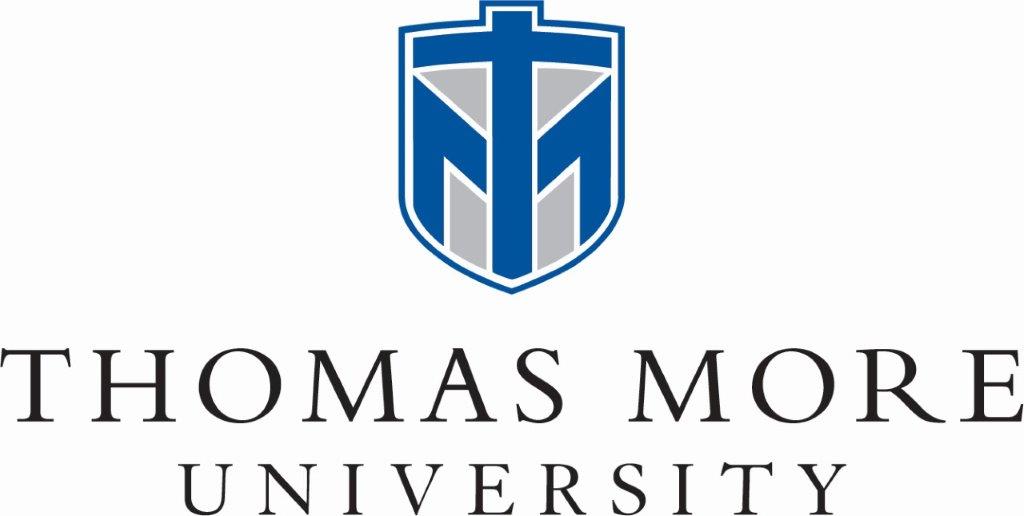
All non-exempt University employees.
The purpose of this Policy is to establish employee expectations regarding the accurate and timely reporting of actual hours worked by non-exempt employees through the University’s timekeeping system each pay period.
Non-Exempt Employees: employees who are covered by minimum wage, overtime, and time card provisions of the Fair Labor Standards Act as amended. These employees receive overtime pay for any hours worked over 40 per week.
The law requires that records of time worked be kept for all Non-Exempt Employees (hereinafter “employees”). An employee’s time card is important. It is the basis of the employee’s pay and the official record of the hours the employee has worked in any single week.
In order to insure the accuracy of this record, it is absolutely necessary and required that the employee clock in at the beginning of the shift and clock out at the end of their shift. It is also essential that the employee clock out for the lunch period, as well as for times the employee needs to leave work for approved personal reasons, such as a doctor’s appointment. Missed time clocks are the responsibility of the employee and his or her supervisor.
Under no circumstance should an employee ever clock-in or clock-out for another employee, nor should an employee allow another employee to clock-in or clock-out for the employee. Doing so may result in discipline up to and including discharge. In the rare occasion an employee should forget to clock in or out, the employee must contact his or her supervisor as soon as possible so they can correct the time card. Falsification of time card entries will result in discipline up to and including discharge.
Hours of Operations Policy
Pay Period Policy
Vacation Policy
Sick Time Policy
I. Travel Time
On occasion, a non-exempt employee may be required to travel for University related purposes. The following guidelines will be used when determining when travel time is considered “work time” and therefore must be paid:
Travel time not considered work time includes time spent during or outside of regular workday hours performing non-work related activities. Examples include, but are not limited to, the following:
II. Student Chaperones
If a non-exempt employee is serving as a chaperone for students, the employee will be compensated for time spent supervising, including time in transit, both during and outside of normal work hours. These employees shall not be compensated for time spent resting, sleeping, or at duty-free meals.
III. Training/Conference Time
Attendance at lectures, meetings, training programs, seminars or similar activities are counted as hours worked when the training is related to the non-exempt employee’s job or is otherwise required as a condition of employment. An employee must obtain supervisor approval prior to attending such programs.
IV. Electronic Communications After Work Hours
As with other types of authorized work, all time spent by a non-exempt employee utilizing electronic communications for work purposes will be considered hours worked, is compensable and will count toward overtime eligibility as required by law. Therefore, to avoid incurring unexpected overtime expense and to minimize the University’s risks of unintentional violations of wage and hour laws, electronic communications by non-exempt employees are not permitted outside of regularly scheduled work hours unless required by and specifically approved in writing by the employee’s supervisor. The immediate supervisor is advised to document the terms and conditions of this approval. This includes all types of work-related communication, as well as the necessity to strictly adhere to this Time Reporting Policy and the Overtime Policy.
V. Reporting Errors
An employee’s time record must accurately reflect all regular and overtime hours worked, any absences, early or late arrivals, early or late departures and meal breaks. When an employee receives his or her pay stub or pay check, the employee must verify that he or she was paid correctly for all regular and overtime hours worked during the pay period. If an error is noted, the employee’s supervisor must be contacted immediately.
|
Date |
Supersedes Policy |
Summarize Change |
|
September 2018 |
This is a new policy, replacing language from the Staff Manual (May 2014). |
|
There are no appendices to this Policy.
Laura Custer, Director of Human Resources
Dr. Kathleen Jagger, Acting President